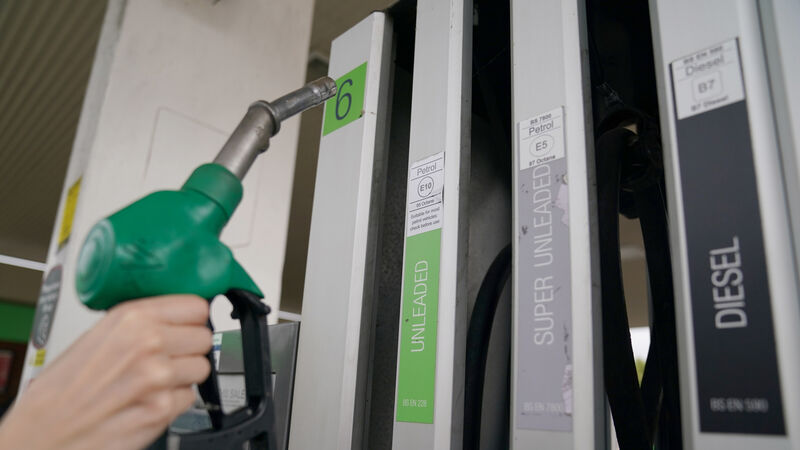Fuel prices likely to increase as soon as next month, experts warn

With supply restrictions likely to increase prices, February will also see the government to end a reduction on duty on petrol and diesel.
Average fuel prices which have stabilised since the new year are likely to increase as soon as next month, experts have warned.
According to AA Ireland, the average petrol price across the state is now €1.61, a 0.6% increase from December 2022. Similarly, the average price of Diesel dropped slightly in January, falling by 1.7% to €1.71.










